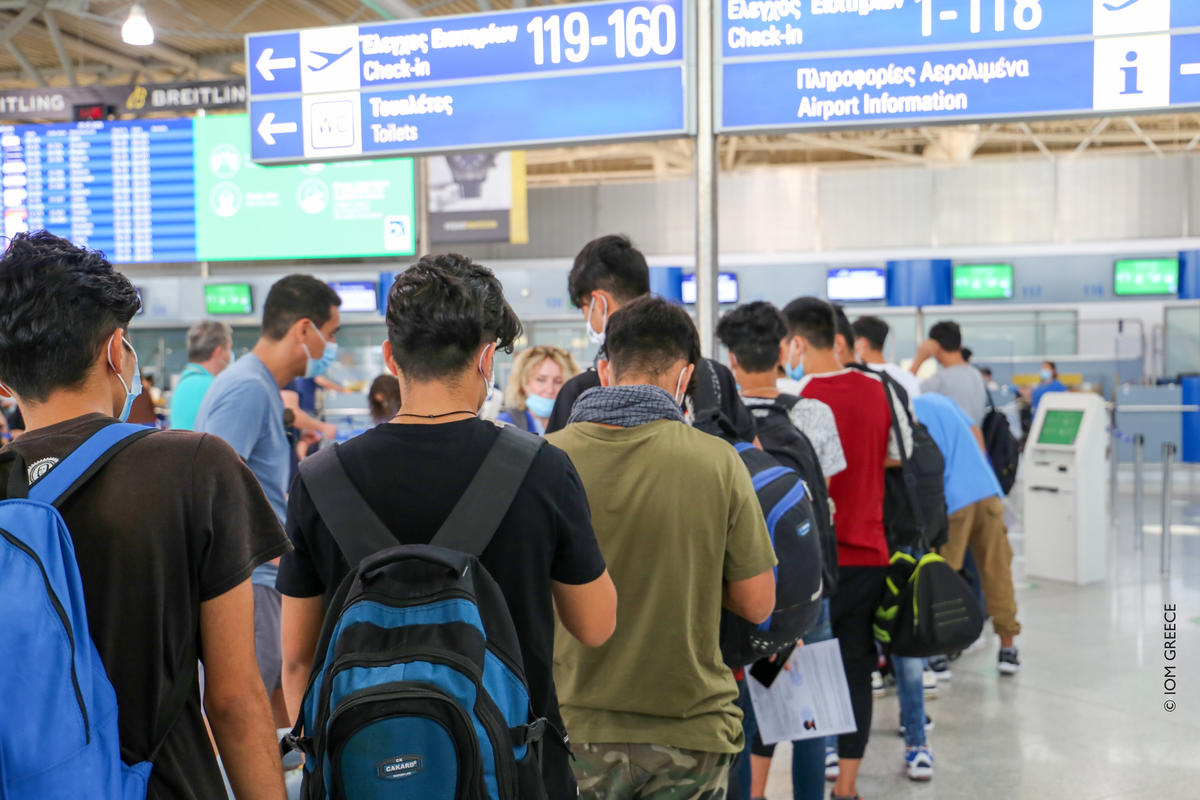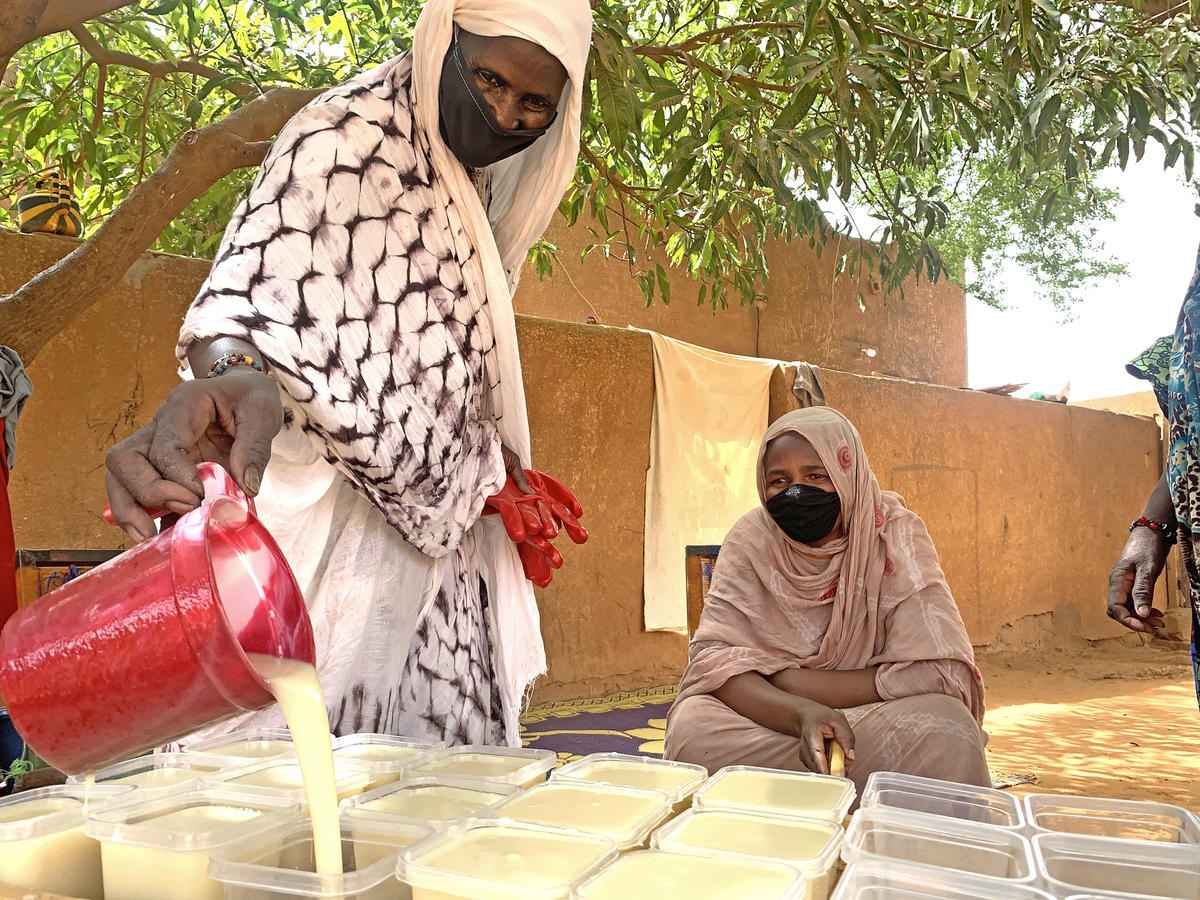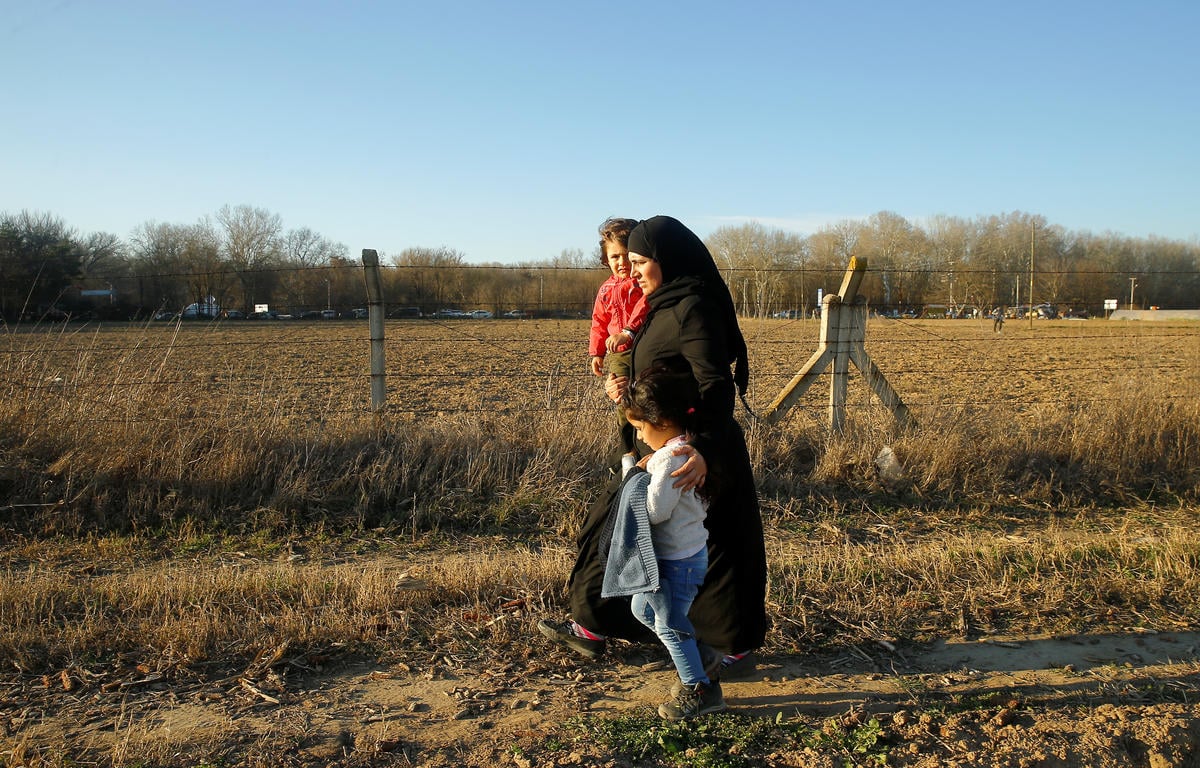UNHCR interviews asylum seekers pushed back to Libya
UNHCR interviews asylum seekers pushed back to Libya
UNHCR staff in Libya have been carrying out interviews with 82 people who were intercepted by the Italian Navy on the high seas on July 1 about 30 nautical miles from the Italian island of Lampedusa. They were transferred to a Libyan ship and later transported to Libya. Based on subsequent interviews, it does not appear that the Italian Navy made any attempt to establish nationalities or reasons for fleeing their countries.
Once in Libya, the group was placed in detention centers where UNHCR has had the opportunity to carry out interviews. Of those attempting to reach Italy, 76 originate from Eritrea, including nine women and at least six children. Based on UNHCR's assessment of the situation in Eritrea and our interviews with the people themselves, it is clear that a significant number from this group are in need of international protection.
During interviews UNHCR heard disturbing accounts alleging that force was used by Italian personnel during the transfer to the Libyan vessel. According to these allegations, six people from Eritrea needed medical attention as a result. The individuals also alleged that their personal effects, including vital documents, were seized by the Italian Navy during the operation and have not yet been returned to them. Those interviewed spoke of their distress after four days at sea and said that the Italian Navy did not offer them any food during the 12-hour operation to return them to Libya.
In view of the seriousness of these allegations, UNHCR has sent a letter to the Italian Government requesting information on the treatment of people returned to Libya and asking that international norms be respected.
Over the past years, Italy had rescued thousands of people in distress in the Mediterranean Sea, providing assistance and protection to those in need. Since the beginning of May, a new push-back policy was introduced and at least 900 people trying to reach Italy by sea have now been sent to other countries, mainly to Libya. UNHCR has expressed serious concerns about the impact of this new policy which, in the absence of adequate safeguards, can prevent access to asylum and undermines the international principle of non-refoulement.









